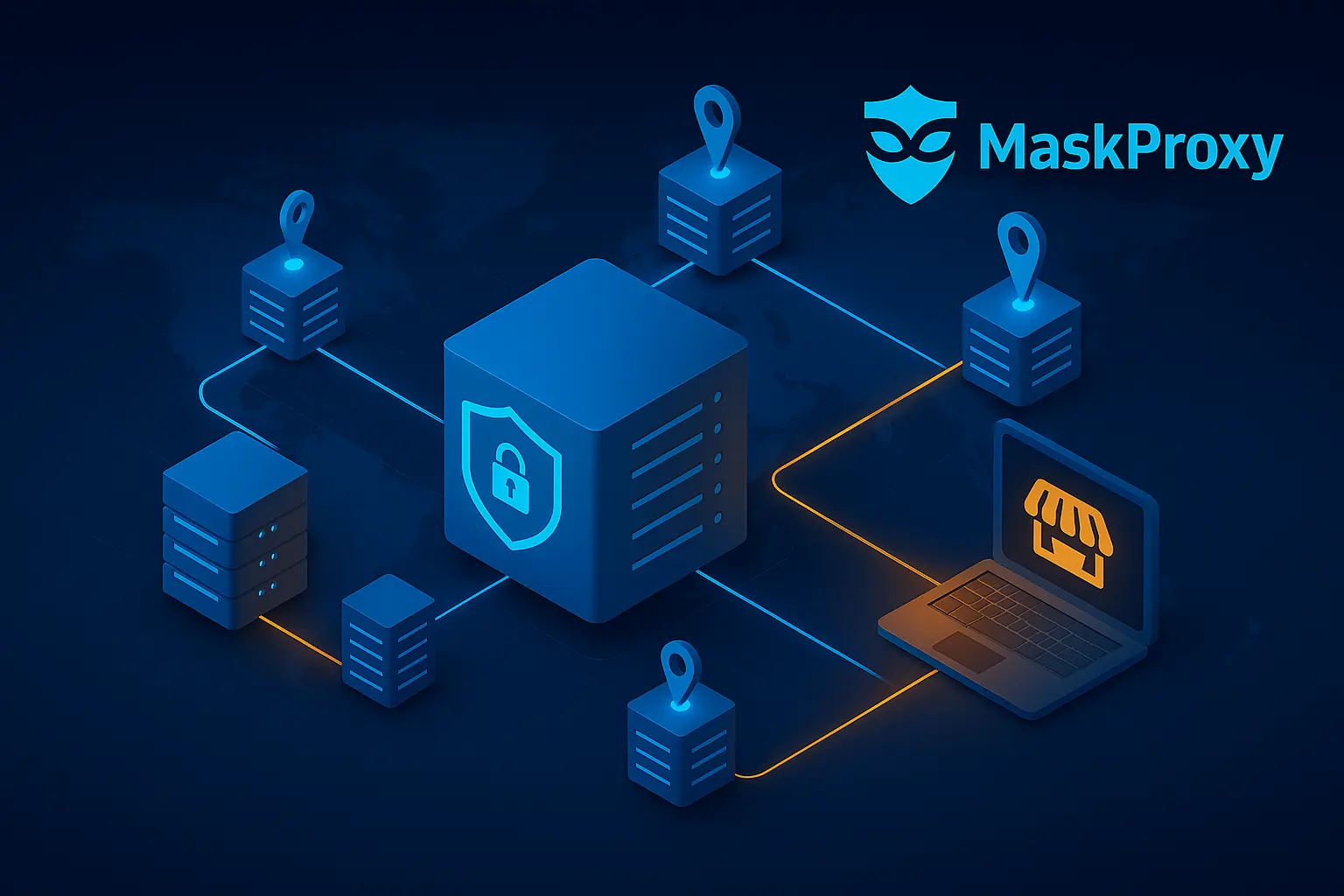Armenia Proxy Solutions for Reliable Local Testing and Regional Operations

Operators and QA teams working with Armenian-market platforms often struggle with inconsistent geo signals, unstable sessions, and verification loops when testing or launching region-specific workflows. An Armenia proxy helps present clean, local identity cues so product listings, ad previews, and cross-border e-commerce flows behave as expected. With MaskProxy maintaining stable routing and reputation-checked endpoints, teams gain smoother long-session behavior and more predictable geo alignment supported by a reliable access point like the Armenia proxy route.
Why Armenia-Based Traffic Matters for Regional Platforms
Armenian platforms respond differently when traffic comes from clean local IP space. Stable regional identity reduces login challenges and provides more realistic visibility into how ads or listings appear to local users. When geo signals align, operators get fewer forced verifications.
Local latency also affects workflow efficiency. A well-placed endpoint helps load dashboards or catalogs as they would for Armenian buyers. This improves QA cycles and ensures consistent feature behavior across releases.
Accurate location cues support market testing. Regional promotions, payment flows, and content targeting behave more predictably when traffic originates from trusted Armenian IP ranges tied to consistent routing.
How an Armenia Proxy Delivers Stable Local Identity
A region-aligned endpoint shapes key identity indicators—IP reputation, ASN type, and geolocation—which platforms evaluate before allowing certain actions. Clean signals prevent noise that triggers review flows and allows long-form actions to finish without interruption.
Reliable IP pools improve session continuity. When identity remains stable, dashboards stay logged in, and account maintenance tasks can run without mid-session resets. This consistency supports operational teams handling multi-hour workflows across product catalogs or client accounts.
Local identity also improves test accuracy. Platform responses reflect how a genuine Armenian user would experience the interface, helping teams verify localization quality and ensure smoother releases.
Selecting Armenia Proxy Settings for Business Workflows
Choosing the right setup depends on session length, platform sensitivity, and operational volume. Teams running multi-account tasks benefit from consistent IP assignment visible through a structured Armenia workspace endpoint, ensuring predictable behavior across each login.
Session duration should align with workflow type. Long-form tasks need persistent identity, while short, repeatable checks work better with controlled session intervals. Balancing these helps minimize friction from security prompts.
Matching routing location to your operational region improves reliability. Aligning IP signals with Armenian cities or carriers increases trust and reduces unexpected verification steps during high-frequency updates.
When Armenia Proxy Pairs Well With Rotating Networks
Certain distributed tasks—multi-city checks, price monitoring, or localized creative previews—benefit from a rotation layer. A rotating proxy can complement a fixed Armenian endpoint by diversifying traffic and avoiding repetitive identity patterns common in high-frequency workloads.
Distributed traffic behaves more naturally. Rotation spreads requests across multiple nodes, reducing the chance of rate-limit fatigue and improving coverage for broader region-focused tests.
For data validation, combining Armenia-fixed identity with selective rotation improves sampling accuracy. Teams gain deeper visibility into how content renders across networks while keeping primary sessions stable through a consistent regional traffic path.
Static Residential IPs for Long-Session Armenia Workloads
Some Armenia-focused workflows require durable identity—ad approvals, catalog management, or account health monitoring. These tasks benefit from persistent residential IPs available through static residential proxies designed for long-duration sessions.
Static IPs reduce verification friction. Platforms see consistent identity over multi-hour workflows, lowering interruption risk during iterative updates or review phases.
They also support predictable debugging. When network conditions remain constant, teams can diagnose platform behavior more easily and maintain cleaner operational baselines for repeated tasks.
Reducing Detection Risk While Staying Within Platform Policies
Risk engines watch for unusual automation patterns, not just IP properties. Maintaining realistic pacing, varied task timing, and aligned device settings helps ensure compliant usage without triggering security systems.
Avoid abrupt spikes in activity. Gradual task execution reduces the probability of rate-limit events and helps sustain long-session reliability. Proper geo alignment ensures page flows match Armenian expectations.
Monitor error rates and account prompts across sessions. With MaskProxy providing stable routing, anomalies become easier to isolate and adjust. Careful operations maintain platform trust while enabling scalable workflows.
Consistent Armenian identity makes regional testing smoother and reduces noise in multi-market operations. Stable routing, controlled sessions, and accurate geo signals help teams strengthen QA cycles and maintain predictable throughput. As you refine your setup, reviewing Armenian coverage and session stability through a structured regional identity route provides a solid baseline for expanding e-commerce, advertising, or operational workloads.





